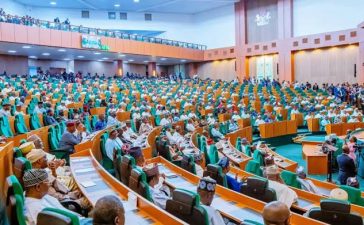At the Trade Union-OECD Development Assistance Committee Forum 2025, union representatives from around the world rallied for a development agenda that prioritizes decent work, workers’ rights, and poverty reduction. The event brought together key union leaders and OECD DAC delegates to discuss the pressing need for stronger labour protections in global development cooperation policies.
Eric Manzi, Deputy General Secretary of the International Trade Union Confederation (ITUC), emphasized the importance of ensuring that development cooperation policies address inequality. “We will take these demands to the members of the OECD DAC to ensure they are considered at the DAC High-Level Meeting and integrated into development cooperation policies,” Manzi said.
The forum, which highlighted the realities of millions of workers trapped in poverty despite being employed, called for immediate action to promote living wages, responsible business conduct, and robust labour market institutions. “Development cooperation must be a force for good,” Manzi added, underlining the need to support decent wages, reinforce labour market institutions, and ensure access to social protection. These, he argued, are proven solutions to fighting poverty and reducing inequality.
Veronica Nilsson, General Secretary of the Trade Union Advisory Committee (TUAC), echoed these concerns, stressing the vital role of collective bargaining and strong labour institutions in reducing poverty and fostering sustainable development. “We will continue to push this agenda forward at the OECD and the DAC,” Nilsson affirmed.
The forum also highlighted the importance of formalizing informal work, as many individuals in extreme poverty are employed informally without sufficient labour protections. It was clear that aligning private-sector investments with labour standards, as well as providing social protections such as healthcare, pensions, and unemployment benefits, are essential to securing economic stability for workers.







